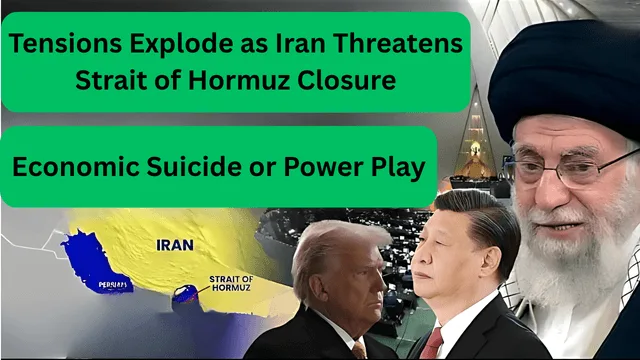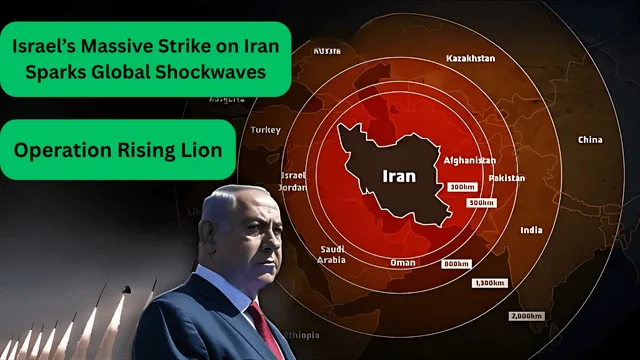Career Options After 12th commerce background, students in India have a variety of job options. With a foundation in economics, accounting, and line studies, students may “unlock a complete range of high-potential career routes” in disciplines such as care, finance, police, selling, and management.
In the future years, technology-driven positions are predicted to grow quickly, with employment in digital marketing, information analytics, and e-commerce management dominating for commerce graduates.
Even though around 14% of American students choose mercantilism across the board, the flow provides solid chances in banking, finance, and savings.
The key is to align one’s interests with the numerous courses and certifications available. We seek conventional degrees, master credentials, specialized sectors, political possibilities, and further for ordinary mercantilism pupils inch Bharat.
Traditional Undergraduate Degrees
Many commerce students begin with traditional bachelor’s degree programs. These forms influence cognition and provide opportunities for employment or further education. Common choices include:
Bachelor of Commerce (B.Com): This is a three-year degree (general or honours) in accounting, finance, economics, and business law. B.com graduates often work as accountants, auditors, or finance executives. Top institutions in India, such as Delhi University, St. Xavier’s, and Loyola, use rate or catch examinations (e.g., DU-JAT).
Bachelor of Business Administration (BBA): Is a three-year management degree that covers marketing, human resources, finance, and operations. BBA delivers larger line skills with specializations in care banking and finance worldwide line or entrepreneurship.
Bachelor of Economic Science: Focuses on efficient hypothesis, statistics, and insurance. This is appropriate for students interested in economic research, banking analysis, or civil service (economist/IRS). programs trust math and social skills and gain take associate in nursing.
Bachelor’s degrees in finance/accounting: Such as B.B.I. (banking and policy) or B.F.M. (financial markets), focus on specialist business sectors. These specialized B.Com versions prepare students for professions in investing, banking, line broking, and insurance.
BMS (Bachelor of Management Studies): Is a crossbreed of B.Com and BBA that includes management disciplines within a business framework. Some institutions provide it, and admission is based on college-specific checks.
BCA (Bachelor of Computer Applications): While usually reserved for scientific students, many commercial students pursue BCA to develop IT abilities. BCA includes scheduling and software systems, which are necessary for professionals in finance or information roles. Admission to reputable colleges (e.g., IPU CET University examinations) leads to employment.
Professional Courses and Certifications
Beyond academic degrees, commerce students often pursue coveted professional certificates. These are significantly tougher than just running to high-demand careers:
Chartered Accountant (CA): Is the ICAI’s primary accounting credential. Following that, the regular pupils read for the calcium base (cpt) Check, which went exceptionally well with the gray and net levels. A certified public accountant is responsible for auditing, taxation, financial management, and company planning.
It is “one of the most widely opted-for mercantilism career possibilities.” Consequently, cardinal and glade the calcium base Check is the top stepping stone to this profession.
Company Secretary (CS): ICSI offers the Company Secretary (CS) course, which covers corporate law, governance, and compliance. Mercantilism students calculate using the caesium base Check and then ordinal. A Company Secretary is a legal counsellor who ensures that corporations comply with regulations.
Cost & Management Accountant (CMA): This course is offered by ICMAI and focuses on cost accounting, financial planning, and management accounting. CMA professionals are responsible for budgeting, fiscal checks, and strategies. Eligibility begins after January 2nd with the CMA Foundation test (ICMAI).
Chartered Financial Analyst (CFA): Is an international accreditation for finance professionals (investment analysis and portfolio management). Spell CFA debut officially demands alum point, therefore many mercantilism grads start preparing. CFA covers advanced finance and securities analysis (exams administered by the CFA Institute).
Certified Financial Planner (CFP): Certification in personal financial planning. CFP guidance, as well as investment policy and retreat provision. Open to commerce graduates (via FPSB India’s certification course).
Vocational Courses and Short Certifications
Short-term vocational courses and certificates can help improve practical abilities.
Accounting Software (Tally QuickBooks): Certificate courses in Tally ERP or SAP FICO teach computerized accounting, which is important for accounting jobs and small enterprises.
Digital Skills (Microsoft Excel Financial Representation): Certifications in advanced Excel financial representation or business analysis are commonly available. These are vital for employment in financial analytics or consultancy; digital selling credentials – Google and other platforms provide unambiguous digital selling certifications. Paid courses in SEO, SEM, and social media marketing can help you launch a career in online advertising or freelance marketing.
Language courses: Learning a foreign language (German, French, Chinese) or business English might lead to global career prospects or responsibilities in international trade. Certification, care, DELF/DALF, or HSK. Get employment sought.
GST/tax deference classes: Light courses in commodities and services assessment (GST), torah income assessment, torah, or paysheet account are available for free through the diligence authorities. These programs educate students for careers in tax consulting or corporate accounting.
Massive Open Online Courses (MOOCs): Platforms like as Coursera, Udemy, and EdX provide specialist courses (Information Science, Blockchain AI for business) that may be included on resumes.
Vocational Diplomas: The government offers vocational diplomas (via Skill India projects) in sectors like as retail management, event management, and international commerce. These one-year courses focus on marketable abilities.
Vocational and certificate courses are often brief (months to a year) and focused on building. They can supplement a degree or lead straight to professions, particularly in banking, IT, and the creative sectors.
Conclusion
Students in India have lots of Career Options After 12th Commerce. In addition to traditional business degrees, such as B.Com or BBA, I pursue master certificates (CA, CMA), organic management/law programs, or advanced degrees in disciplines such as care planning and mass media.
Emerging sectors such as Fintech, Information Analytics, and Digital Marketing provide fascinating new degrees for commerce graduates. Politics, banking, taxation, and organisation are all excellent career options.
The best decision relies on your interests and abilities, whether you enjoy statistics (CA information analytics), communication (legal journalism), creative (layout media), or technology (fintech IT).
With saving advancement and industries expanding, today’s mercantilism kids obtain trade diverse occupations – the name is to search for these possibilities set for whatever essential catch tests and follow the path that trumps their love and ability.
Read More: https://hindiakhbarr.com/












Lorena
Upon reflection, I thought this post is and not keeping your head stuck in the phone the whole while, either) and
living free, living life with appreciation for Nature, helps
people feel grounded. Considering vital subjects is likewise an experience that can aid us make the discovery of
self understanding.